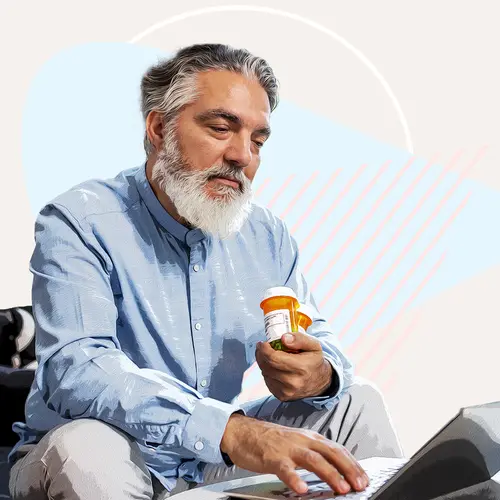Psoriatic arthritis can be hard to diagnose. Getting the right diagnosis can be crucial to starting treatment early that can help take away the pain. For your doctor to diagnose you, you would need a physical examination, blood work, skin examination, and the occasional X-ray.
The criteria to get diagnosed are specific, but once you finally have the diagnosis, you might start to understand why you’re feeling itchy or fatigued.
There is no cure for psoriatic arthritis. After your diagnosis, you will be managing your symptoms rather than getting rid of the condition. Your treatment will center around controlling inflammation in your joints and reducing joint pain.
Another upside to getting your psoriatic arthritis diagnosis is a chance to make new lifestyle changes. You can try some home remedies and everyday changes to manage your arthritis pain. For instance:
Protect your joints. Focus on the everyday tasks you accomplish. Pay attention to what you can open and lift and push. What can you do with just your hands, and what do you need your full body weight for?
Maintain a healthy weight. The need to lose weight to reduce the stress on your joints can help you reduce pain and increase your energy.
Exercise regularly. Another upside to the diagnosis is that this might be the motivation you need to turn your life around.
Reduce your alcohol use. Alcohol can mess with your medication and worsen side effects. This is the time to reduce your alcohol intake and focus on bettering your health.
Slow down. Another benefit to a psoriatic arthritis diagnosis includes giving your body rest when it needs it. Don’t let yourself become too tired. This will only make your fatigue worse.
It’s never too late to start again, and if you need a life change, don’t feel bad that it is a difficult diagnosis to change things.
The biggest upside of getting your psoriatic arthritis diagnosis is understanding and support. This will be the time where your loved ones and family will rally behind you to help you every step of the way, even with this chronic condition.

